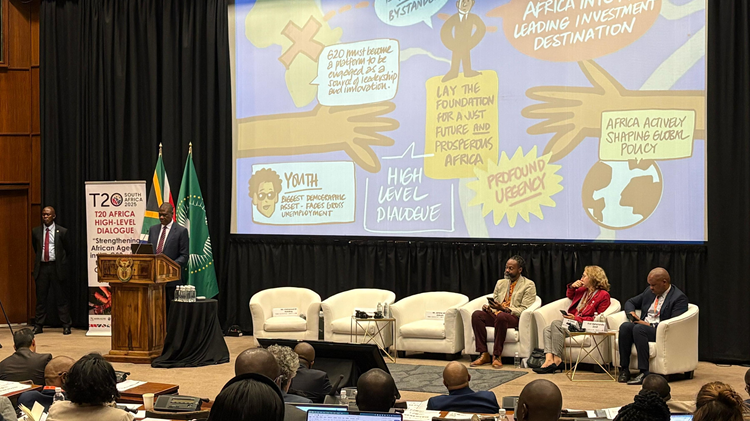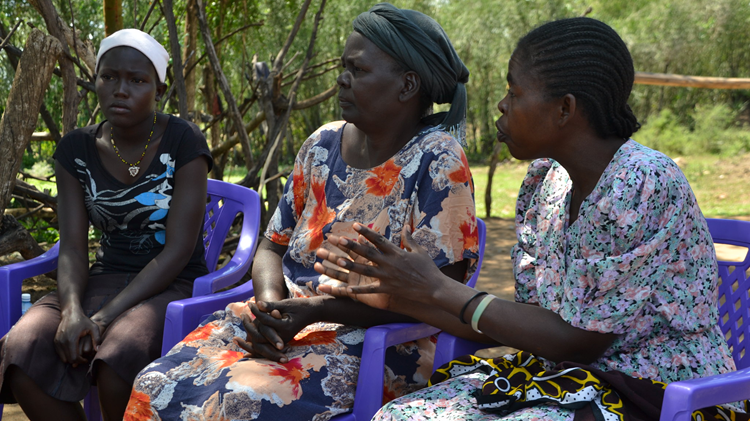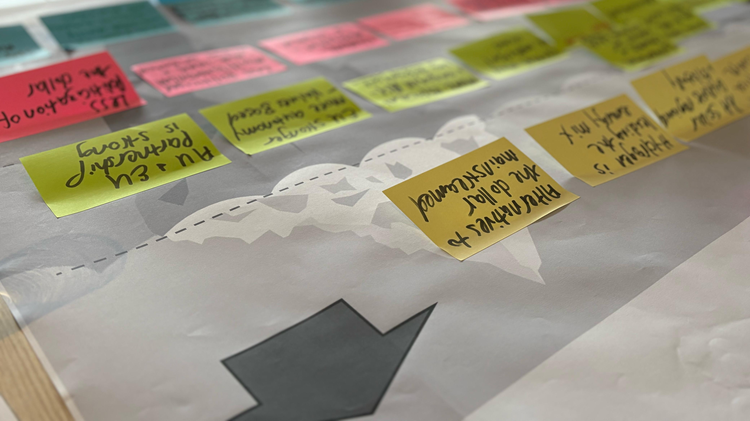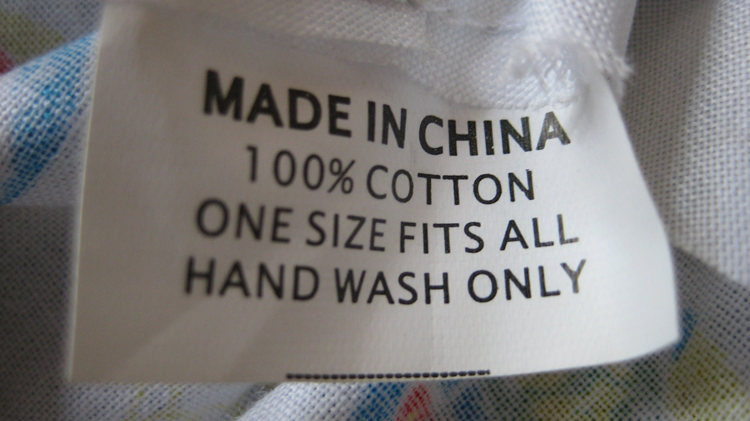Can ECOWAS thrive amid poor governance?
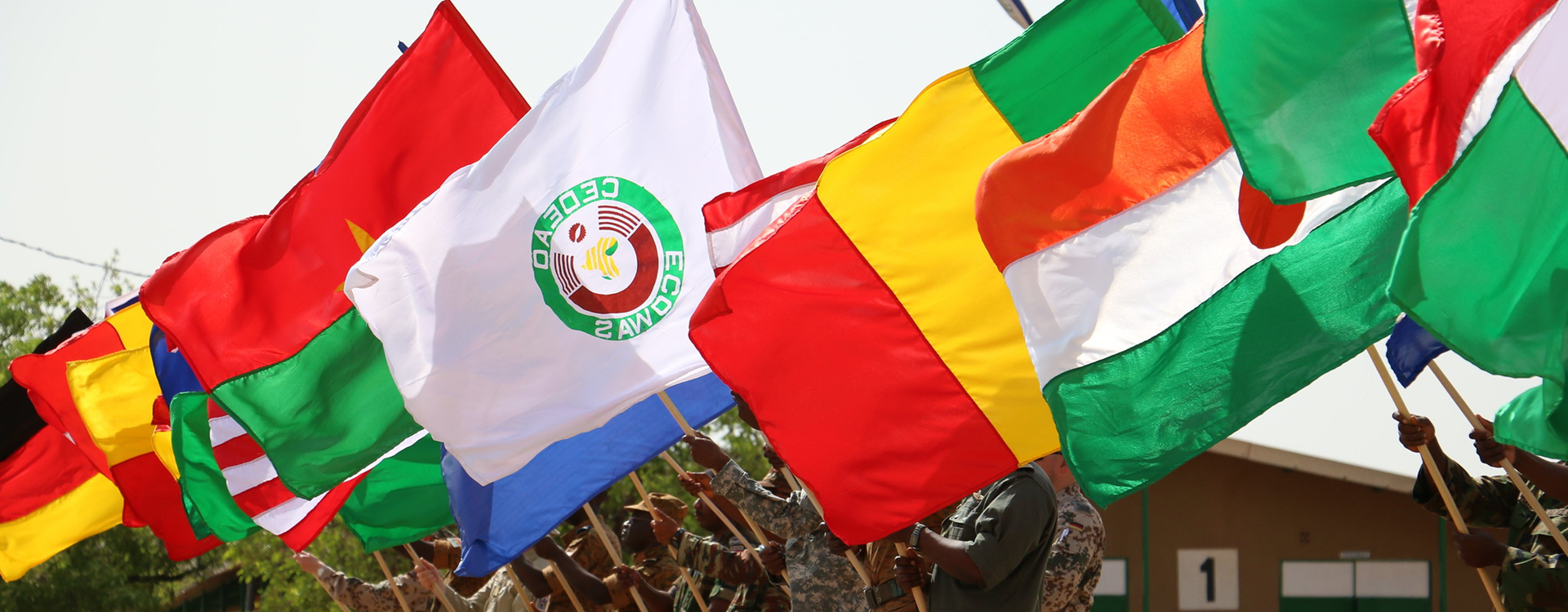
West Africa’s democratic decline reflects governance crises marked by coups, constitutional breaches and insecurity which challenge regional stability.
The West African region has been experiencing political turbulence and a democratic recession recently. Since 2020, the region has witnessed six coups in countries such as Mali, Guinea, Burkina Faso and Niger. These disturbing coups largely reflect the poor state of governance in the region. Indeed, many citizens in the region are dissatisfied with how democracy works in their country and have become disenchanted against the governing elite. The Economic Community of West African States (ECOWAS), a regional bloc established to promote economic integration and maintain peace and stability across West Africa, has struggled to prevent these disruptions. They point to one clear fact: the region’s democracy is in danger, and its peace and stability are at risk. Examining the events leading to the coups in these countries points to four main issues that the region needs to address.
The region’s democracy is in danger, and its peace and stability are at risk
First is the region's frequent constitutional coups and the increasing electoral fraud or irregularities. The coups in Guinea and Mali did not come as a shock to many observers who were monitoring events in these countries. In Guinea, the decision by President Conde to amend the constitution to contest for a third term amidst widespread protest and condemnation legitimised the coup. In the case of Mali, contested legislative elections combined with a deteriorating security situation led to the ousting of President Keita’s regime. However, these were not the only culprits. In Côte d’Ivoire, Alhassan Quattara also amended the constitution, allowing him to contest for a third term despite public protest and boycott of the elections by the opposition. Just last year, Senegal’s president also postponed its February 2024 election amidst protest and only rescheduled to March after widespread protest and a ruling against by its constitutional council. All these constitutional infringements signify a worrying trend in the region and are breeding fertile ground for military takeovers.
Second, the duplicity of ECOWAS leadership is palpable, and its actions and inactions are eroding public trust and worsening governance in the region. The Commission has been criticised for failing to deal with colleagues who often breach their constitution like they do with military takeovers. While the commission, in most cases, is quick to condemn and sanction leaders of military coups, similar actions are rarely taken against leaders who subvert their constitution through electoral fraud or constitutional amendments, as witnessed in Guinea and Côte d’Ivoire. In Nigeria, even while President Tinubu's victory was being contested for alleged election irregularity or fraud, ECOWAS quickly made him their chairperson without regard to the court process. This not only did not endorse the elections but also sent the wrong signals to the large populace in Nigeria, who were perhaps waiting on the Commission to at least wait for the outcome of the petition in court before such actions were taken.
The third factor contributing to the weakening governance is the widespread insecurity, which threatens the peace and stability of the region. Historically, West Africa has suffered from instability due to political upheaval, civil wars (Liberia, Sierra Leone, Guinea Bissau, Côte d’Ivoire), religious clashes (Benin, Nigeria, Mali), or coups d’état (The Gambia, Niger, Togo, Guinea). However, the main security challenge in the region currently is terrorism and the threat of violent extremism, particularly in the Sahel (Mali, Niger and Nigeria), and spreading to countries such as Burkina Faso and Côte D’Ivoire. Other coastal countries, such as Ghana, are also living in fear of terror attacks. In the past three years, terror attacks in the region have risen by 400%. Indeed, in the first six months of 2023, 1 800 terrorist attacks in the region caused the deaths of over 4 600 people. This deteriorating security has been used as a justification for military takeovers in countries such as Burkina Faso and Mali.
Fourth, the widespread corruption, nepotism, clannism, marginalisation, exclusion and state capture in the governance system have plagued the region. In 2023, for instance, only Cabo Verde was ranked highly (3rd) in Africa on the 2023 Transparency International Corruption Perception Index. All other countries in the region are in the red zone scoring below 50%. These high levels of corruption perception among the populace in the region are an existential threat to democracy and the governing elite.
Meanwhile, the poor quality of governance in the region is undermining its development potential. Recent governance and geopolitical issues in the West African region pose a great danger to the development, peace, security and integration of the region. In 2019, the region’s average GDP per capita of US$4 145 constituted 83.2% of Africa’s average of US$5 289. Also, 106.8 million, constituting about 27.2% of the population, lived below the poverty line of US$2.15 in the same period. Indeed, in the 2023-2024 Human Development Index, only Ghana was ranked in the medium human development countries, while the remaining countries were ranked below the averages for sub-Saharan Africa.
A new study by the African Futures and Innovation programme at the Institute for Security Studies (AFI-ISS) indicates that better governance in the region can raise GDP per capita to rise to US$6125 which will be US$371 or 6.4% more than the Current Path (‘business-as-usual’) scenario. Also, better governance can lead to 34 million fewer poor people in the region by 2043 compared to the business-as-usual scenario. These findings underscore the need to, as a matter of urgency, work to improve the governance situation in the region, especially at the time when the relevance of ECOWAS itself is being questioned and its members withdrawing from the bloc.
Better governance can lead to 34 million fewer poor people in the region by 2043
Achieving this will require addressing the numerous security challenges by improving its joint security task force by operationalising the ECOWAS Standby Force Unit to fight terrorism and violent extremism. Security services in member countries should also collaborate and partner regarding intelligence gathering and information sharing to be more effective in combating the various security threats. Moreover, the Commission should sanction member states that breach their constitution or amend it to their advantage, as would be the case during military takeovers. Similarly, the Commission should go beyond the election observer report to sanction leaders who commit election fraud and other electoral offences to inspire confidence in electoral processes. For instance, leaders alleged to commit electoral fraud should not be eligible to contest for chairmanship of the Commission.
Finally, ECOWAS leaders should improve their commitment to fighting corruption through institutional reforms and providing resources to anti-corruption institutions and agencies in their countries. At the regional level, the ECOWAS Community Court of Justice should be empowered to investigate and prosecute heads of state and high-level government officials and impose sanctions if found guilty. This will definitely inspire confidence among the citizenry.
Image: U.S. Army Southern European Task Force, Africa/Flickr
Read our recently updated regional analysis for ECOWAS here.

